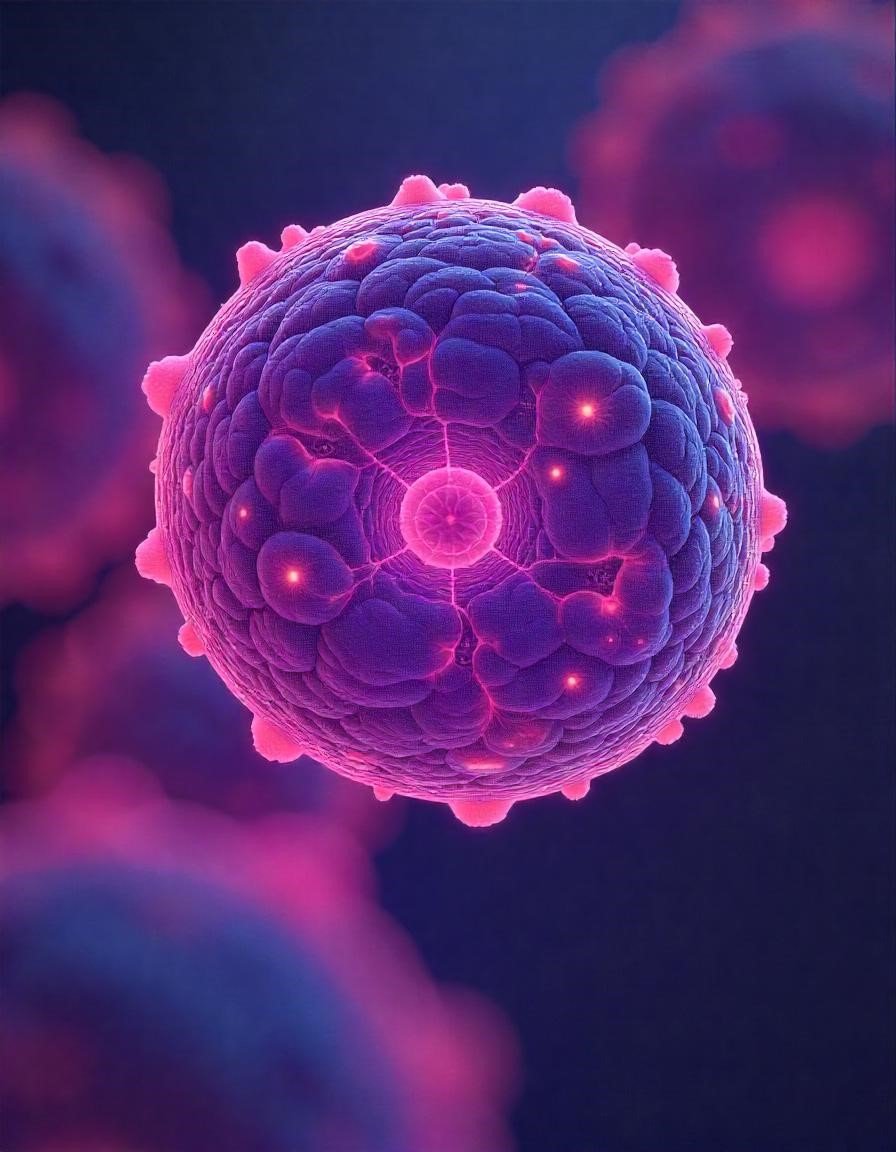The Habit of Thankfulness
written by: Rev. Dr. Scott Paczkowski
“Rejoice always, pray without ceasing, give thanks in all circumstances; for this is the will of God in Christ Jesus for you.”
The early Church was struggling with the ongoing threat of persecution. Even when the Romans were not murdering church members, they remained victims of prejudice, ridicule, and inequality. So why was Paul expecting them to "rejoice always?" Was this Paul's little self-help saying, "Fake it till you make it?" Isn't this simply emotional dishonesty?
Rather than "fake it till you make it," I believe Paul is asking for something even more demanding of us. We can "rejoice always," with integrity, through the spiritual discipline of "giving thanks." One of the most profound moments in Christian worship is the act of the Sacrament of Holy Communion. There are only two sacraments in the Protestant tradition: baptism and communion. They are sacraments because Jesus specifically commanded these two activities to take place in the life of the Church. Within the act of Holy Communion, there is the liturgical act of "The Great Prayer of Thanksgiving." Reflecting on what we are thankful for is central to Sacramental unity.
When we recognize the many ways God cares for and loves us, we are better able to rejoice, even in difficult moments. When thankfulness becomes a habit, we can better endure struggles and remain open and kind to others. Life's difficulties become more manageable when we can focus on at least some blessings.
Today, don't start with what frustrates you but begin with your blessings. Write down at least five things you are thankful for in your life. If you can write down ten, it will be all the better. It is critical to recognize what God has already given you. If God has already provided blessings in your life, then it is easier to believe God will continue to do so in the present and the future. Thank God in prayer, and the struggles in your life will not overwhelm you. The all-or-nothing thinking that consumes our thoughts will subside, and hope will return. Trust God!




